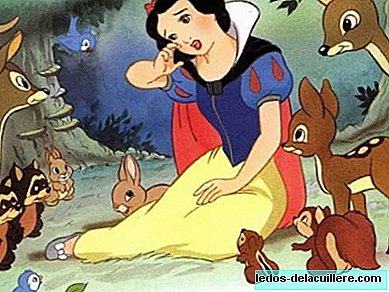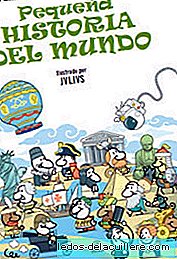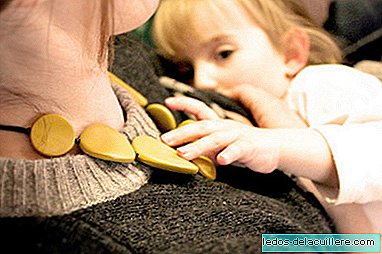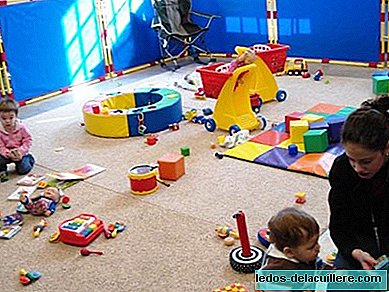
We all know traditional children's stories. The same ones we have heard as children and today we tell our children. But have you noticed the secrets that the stories hide? Cannibalism scenes, characters exiled away from their family, abandonment of parents and even abuse and murder. Inevitably, it leads us to think if the stories of a lifetime are educational or too cruel for the little ones.
Sometimes children's stories are not as naive as they should ideally. Some experts such as Bruno Bettelheim do not see the somewhat cruel stories that involve stories for children. He states in his famous Psychoanalysis of fairy tales, that this type of narration conveys to the children that 'the fight against the serious difficulties of life is inevitable, is an intrinsic part of human existence'.
At the time the alternative of creating children's stories had been proposed by proposing two endings, a happy ending in which “everyone is happy and eats partridges” and an open end in which things are perhaps not so perfect.
On the one hand it is thought that through stories children are taught that life has its difficulties, that they must overcome a series of obstacles which will help them to be more mature. And we already know that mature people tend to cope better with the vicissitudes of life.
However, on the other side there are those who believe that childhood is a stage of life in which we must provide children with a fantastic, sweetened, safe and innocent world in which cruelty has no place. Total, for difficulties they will have plenty when they grow up.
Personally, I consider that an intermediate point is the most sensible. It is not necessary to expose them to atrocious cruelties but teach them that life presents difficult moments. What do you think of the stories that hide traditional children's stories?












